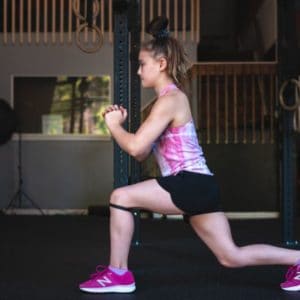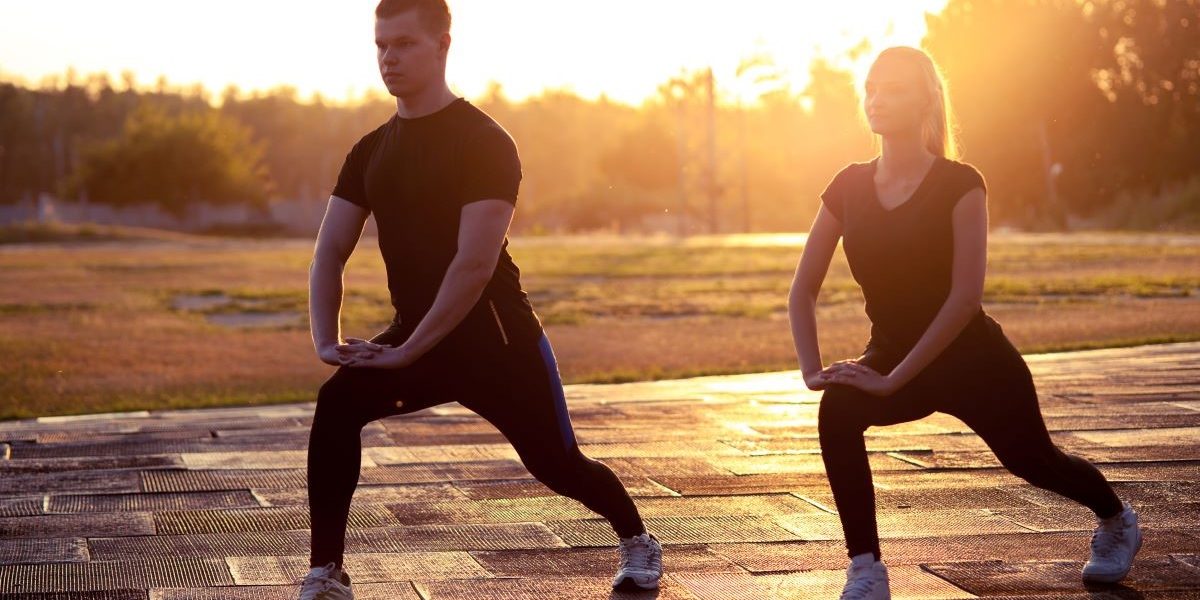Athletes love to push their minds and bodies to achieve new goals and continue to grow in their sports, but everybody has a limit. Unfortunately, by the time we find that limit, an injury has occurred (or might be happening soon). So, the question is, what is the best way to return to sports at your highest level of fitness, without ending up in the doctor’s office?
As the new school year begins, so do the fall sports. Many athletes participate in their sport in some capacity in the off season, however, returning to practice daily after school/work plus returning to games at 100% is drastically different from light practices for the last few months.
Motivation and dedication are not lacking in young athletes of these times, however, guiding them to utilize their bodies for their sport is an intricate balance of continuing to work towards their goals, and making sure they take care of themselves for the best long-term outcome. A sizable percentage of young athletes participate in weightlifting nowadays, either by themselves at the gym, or through a local fitness center in a group setting. This has shown to have positive effects on athletes when the new season begins. Many athletes have continued to utilize these extra hours of exercise even during their seasons, but could that have a detrimental effect on their bodies?
The answer is no! However, the signs of overtraining need to be known not only by the athlete, but by their coaches, trainers, and parents (whoever is around the athlete closely during the season!). The athlete must be aware of the risk of increasing activity but adding in cross training continues to have positive effects on the athlete’s performance on the field.
 Signs of overtraining include:
Signs of overtraining include:
- Decreased sport performance during competition/game
- Chronic muscle or joint pain
- Increased fatigue
- Reduced participation in school/activities outside of sports
- Change in sleep schedule
- Irritability and restlessness
- Elevated resting heart rate
It is especially important to keep an eye out for signs of overtraining for yourself or for your student athlete, as injury could be near. Communicating closely with your athlete about their health should be done consistently throughout their season so they also know what to look out for before their body is pushed to its limit. Reach out and speak to your physical therapist to ensure safety and health is at its best during this upcoming season!

